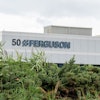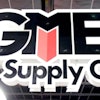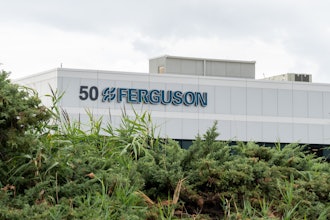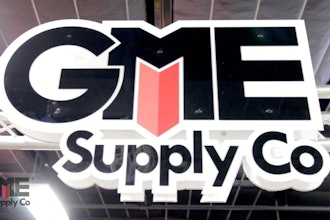WASHINGTON (AP) — Businesses added to their stockpiles for an 18th consecutive month in June, but the increase was the smallest in more than a year. Companies may be less confident amid declining consumer demand and growing fears of a recession.
Business inventories rose 0.3 percent in June, the weakest gain since May 2010, the Commerce Department reported Friday. Total business sales rose 0.4 percent after a 0.1 percent drop in May.
The rebound in sales should help to bolster shaky business sentiment and spur further inventory restocking in coming months. A separate report Friday showed that demand at the retail level was up in July, which could help alleviate concerns of a downturn.
Overall economic growth slowed to just 0.8 percent in the first six months of this year, the worst growth since the recession officially ended in June 2009. A drop in inventory rebuilding would further hamper growth and put the country at risk of falling back into a recession.
The June inventory increase pushed total stockpiles to $1.52 trillion, up about 15 percent from the recent low of $1.32 trillion reached in September 2009.
Wholesalers increased their stockpiles 0.6 percent. Manufacturers and retailers both increased their stocks 0.2 percent.
Sales at the wholesale level rose 0.6 percent, retail sales increased 0.3 percent, and manufacturing sales gained 0.2 percent.
Slower inventory restocking would reduce factory orders, if it persisted. Manufacturing has been one of the strongest sectors in this recovery, but it has faltered in recent months.
High energy prices have dampened consumer spending and natural disasters in Japan disrupted supply chains, particularly for auto parts and electronics.
A private trade group reported last week that that manufacturing activity barely grew in July. The Institute for Supply Management, a trade group for purchasing executives, said its index of manufacturing activity fell to 50.9 in July. That was the lowest reading since July 2009 and just barely above the 50 reading that indicates manufacturing is growing and is not in a recession.


















